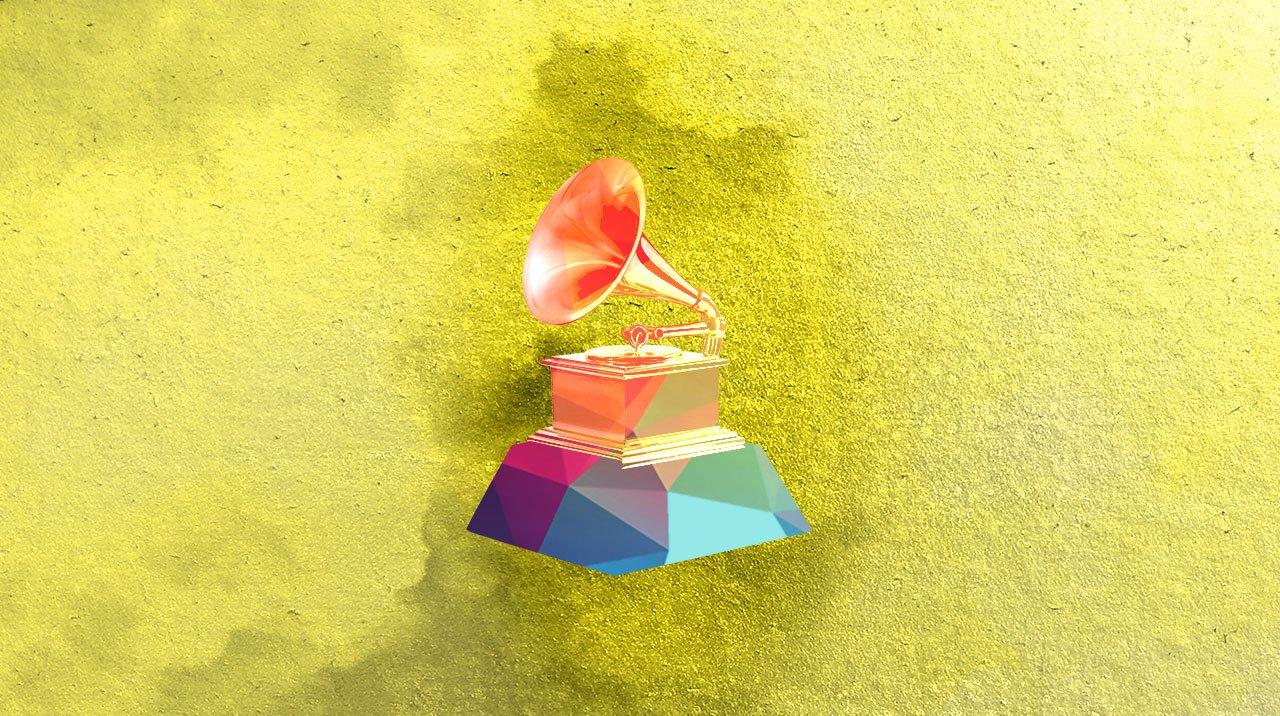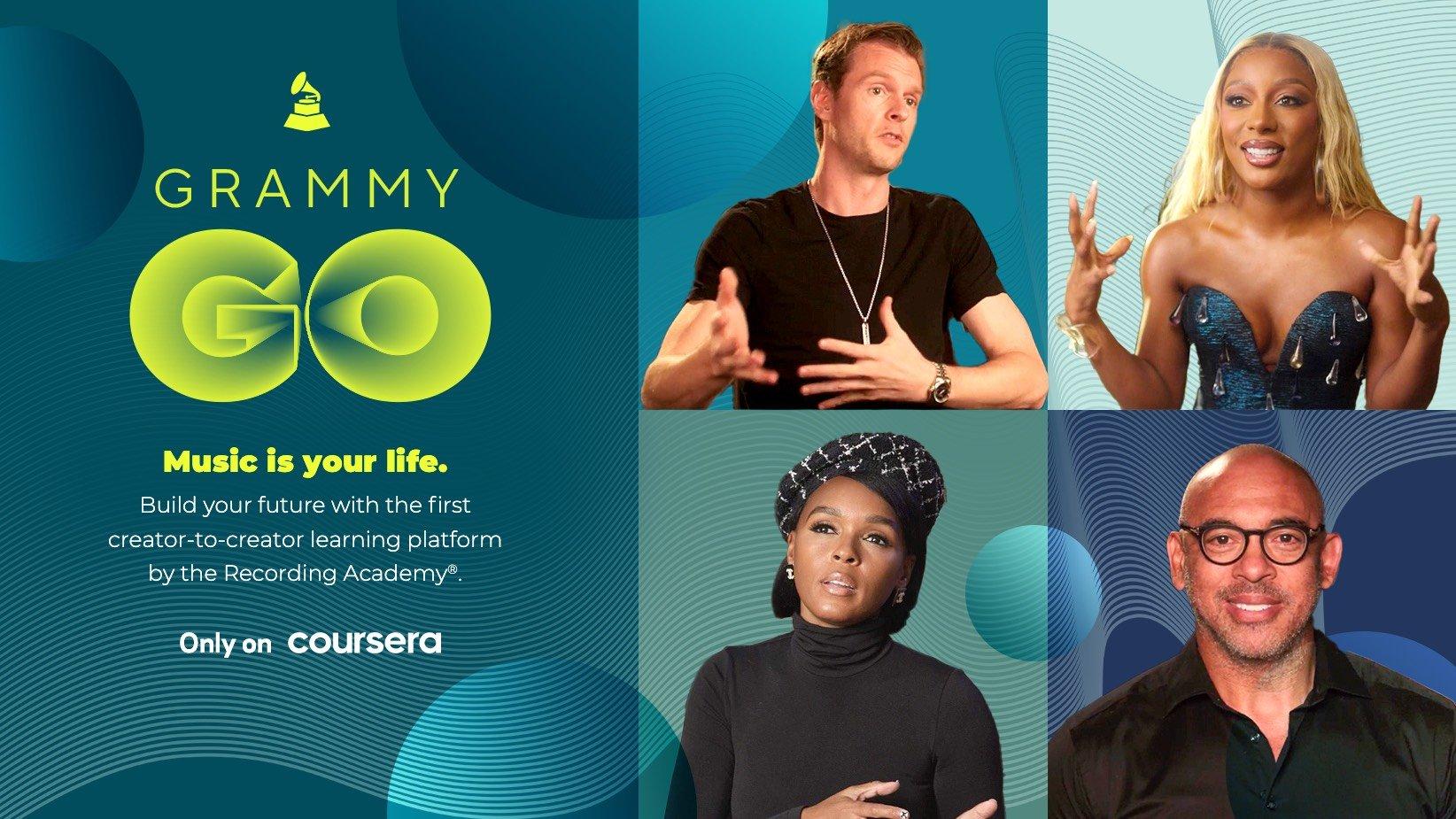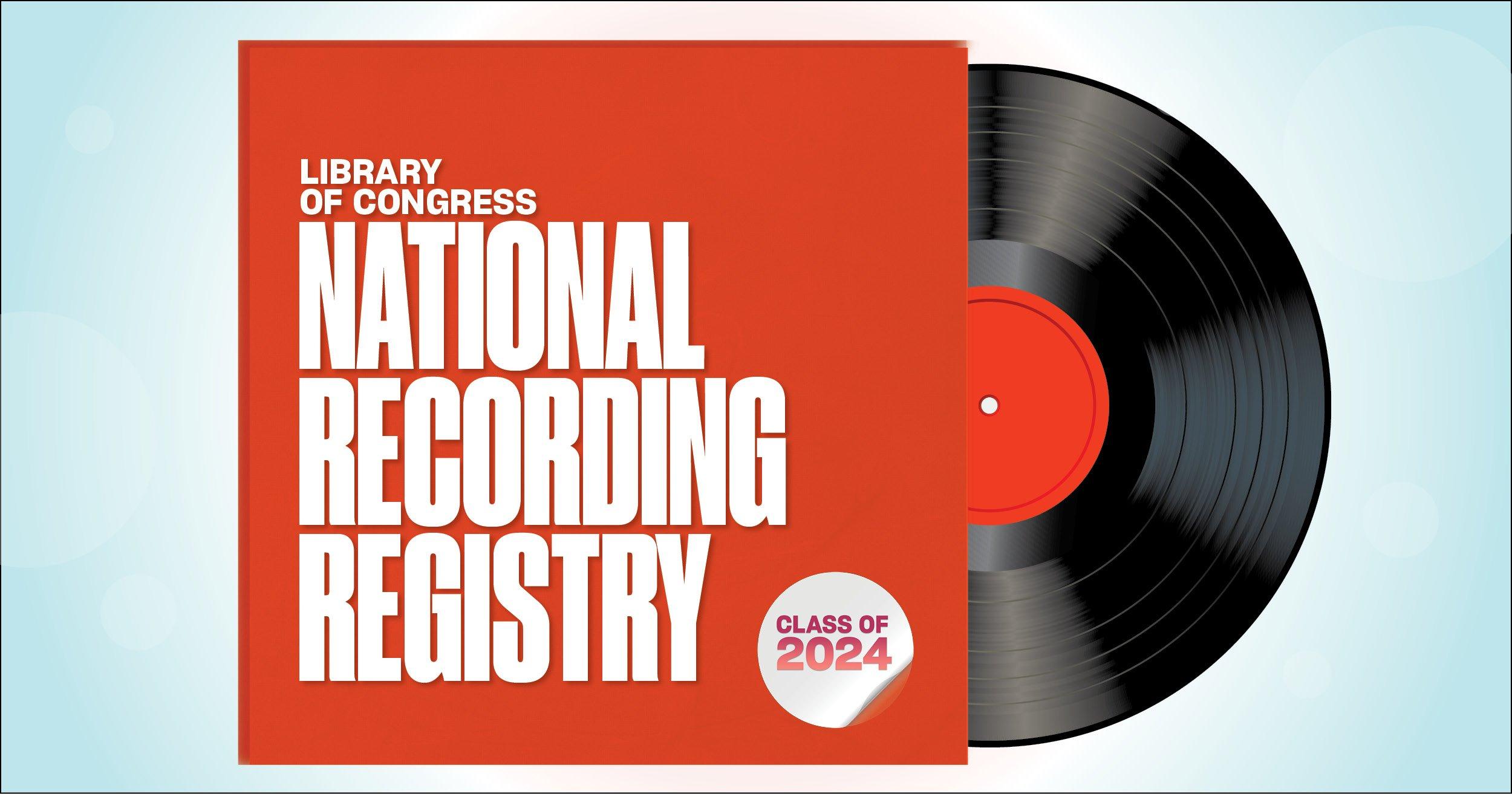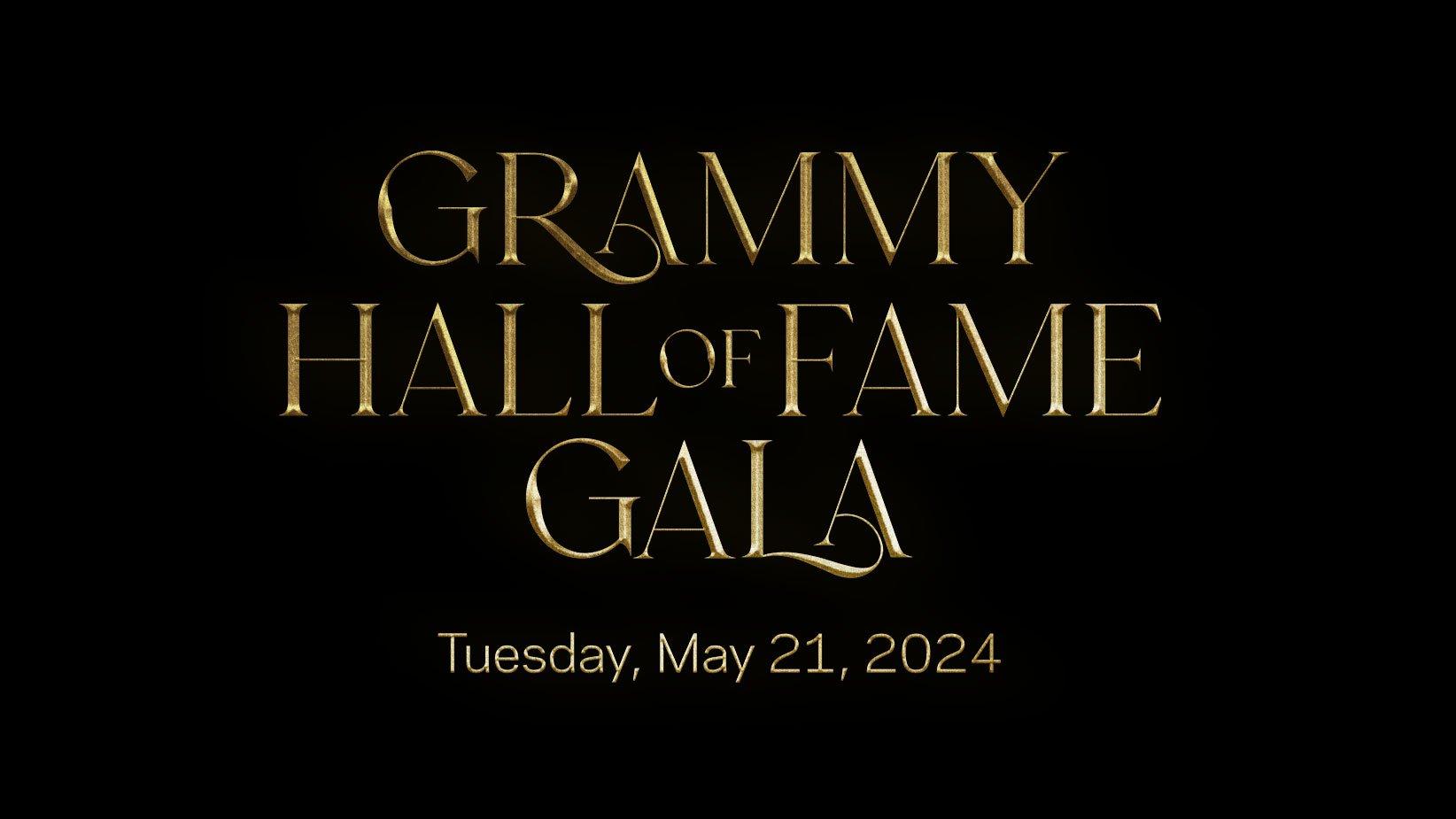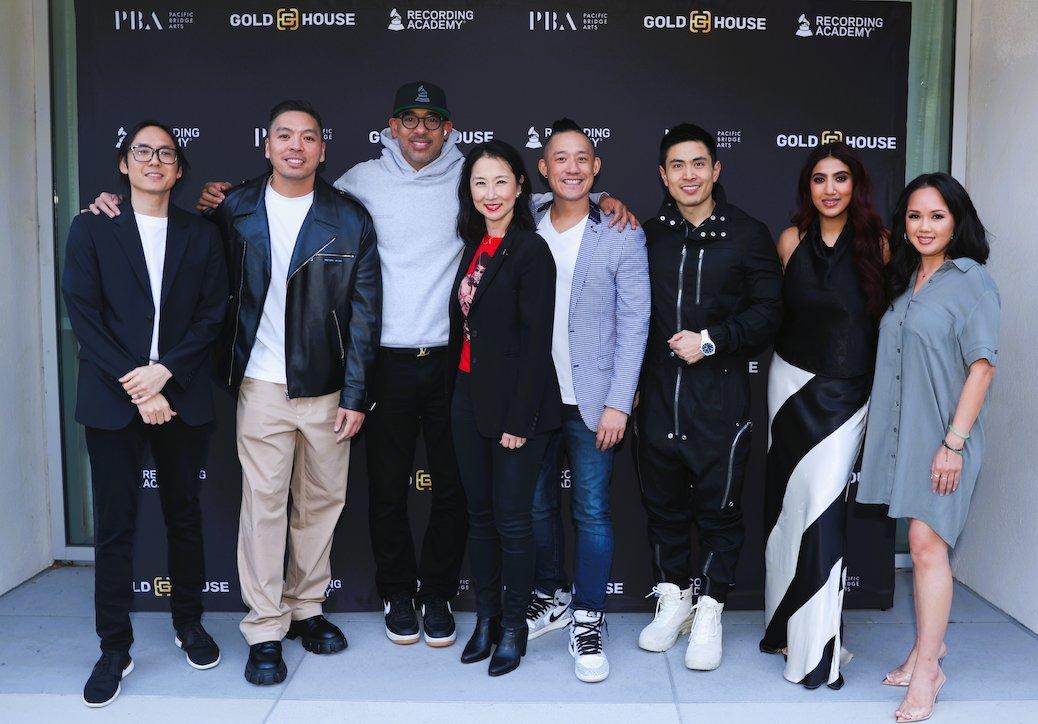The 2021 GRAMMYs are just around the corner, and now the nominations are in for the coveted honor of Best New Artist. While we'll have to wait until the 63rd GRAMMY Awards air on CBS on Sunday, March 14, to find out who will win, let's take a quick look at which rising stars have been nominated for one of them most anticipated awards of the ceremony.
Ingrid Andress
<style>.embed-container { position: relative; padding-bottom: 56.25%; height: 0; overflow: hidden; max-width: 100%; } .embed-container iframe, .embed-container object, .embed-container embed { position: absolute; top: 0; left: 0; width: 100%; height: 100%; }</style><div class='embed-container'><iframe src='https://www.youtube.com/embed/_Wpl3uG05Lk' frameborder='0' allowfullscreen></iframe></div>
This Midwestern country-pop upstart has risen to prominence quickly in the few years she's been active. After graduating from Berklee College Of Music, where she founded the a capella group Pitch Slapped, Andress nabbed a mentorship with pop songwriter Kara DioGuardi. From there, Andress wrote songs for heavy hitters like Sam Hunt and Alicia Keys before launching a solo career. Her Platinum-selling debut single "More Hearts Than Mine" debuted at number 59 on the Billboard Country Airplay chart, and, in March of this year, she released her first album, Lady Like, which she co-wrote and co-produced.
Phoebe Bridgers
<style>.embed-container { position: relative; padding-bottom: 56.25%; height: 0; overflow: hidden; max-width: 100%; } .embed-container iframe, .embed-container object, .embed-container embed { position: absolute; top: 0; left: 0; width: 100%; height: 100%; }</style><div class='embed-container'><iframe src='https://www.youtube.com/embed/ncSf8Nk3aq4' frameborder='0' allowfullscreen></iframe></div>
Indie-pop hero Phoebe Bridgers has enjoyed a hugely successful year with the release of her critically acclaimed sophomore album, Punisher. A widely sought-after collaborator, Bridgers has popped up on songs with the National, Fiona Apple, the 1975, Maggie Rogers and more. You may have also seen her performing with Conor Oberst in Better Oblivion Community Center and in the supergroup boygenius with Julien Baker and Lucy Dacus.
Reflecting on the meaning behind her album's title with GRAMMY.com earlier in the year, Bridgers said, "A Punisher is someone who doesn't know when to stop talking. I think of like, older relatives who are talking about, like their hip replacement or something. They just don't know when you're disinterested. And I think we've all been that, like, to our heroes. So, in this context, I'm punishing someone. You know, like, you get cornered at the bar by the friend that the person you were hitting on. That's a punisher."
Chika
<style>.embed-container { position: relative; padding-bottom: 56.25%; height: 0; overflow: hidden; max-width: 100%; } .embed-container iframe, .embed-container object, .embed-container embed { position: absolute; top: 0; left: 0; width: 100%; height: 100%; }</style><div class='embed-container'><iframe src='https://www.youtube.com/embed/jXs1KjtBqI4' frameborder='0' allowfullscreen></iframe></div>
This 23-year-old Nigerian-American rapper (born Jane Chika Oranika) got her start writing and performing slam poetry ever since she was young. After dropping out of the University of Southern Alabama to focus on her music, she's steadily carved out a lane of her own as a "professional truth-teller" with "a pen that's tactical." Releasing her debut single "No Squares" in spring of 2019, Chika has two EPs—Full Bloom // A Poetry EP and Industry Games—and is a member of XXL's 2020 Freshman Class.
"Kids are listening," she told GRAMMY.com earlier in the year. "We can actually provide ways for them to cope with the things that we're talking about, and stop romanticizing all the negative things… Let's feed the soul instead of just destroying it and finding company for this misery, you know what I mean? That's what I think we can do as a unit, just uplift people. If there are bad things, try to find ways to speak about it in the right way."
Noah Cyrus
<style>.embed-container { position: relative; padding-bottom: 56.25%; height: 0; overflow: hidden; max-width: 100%; } .embed-container iframe, .embed-container object, .embed-container embed { position: absolute; top: 0; left: 0; width: 100%; height: 100%; }</style><div class='embed-container'><iframe src='https://www.youtube.com/embed/KhjTa_7Nq6Y' frameborder='0' allowfullscreen></iframe></div>
At just 20 years old, Noah Cyrus comes from a long line of pop royalty, starting with her dad, Billy Ray Cyrus and big sister Miley. Don't underestimate her, though: Cyrus has already more than proved her abilities, having opened up for Katy Perry's 2017 Witness tour and collabing with DJs Marshmello and Ookay ("Chasing Colors"). More recently, Cyrus released her second EP, The End Of Everything, and a cover of Mac Miller's "Dunno."
"Getting over the questions about Miley, and pushing pride aside [were challenges]," she admitted to GRAMMY.com back in 2017. "Not that I don't want to talk about [Miley], because I love her! But that was kinda the time where I had to accept it, and not let it bother me, because that's what comes with it."
D Smoke
<style>.embed-container { position: relative; padding-bottom: 56.25%; height: 0; overflow: hidden; max-width: 100%; } .embed-container iframe, .embed-container object, .embed-container embed { position: absolute; top: 0; left: 0; width: 100%; height: 100%; }</style><div class='embed-container'><iframe src='https://www.youtube.com/embed/QzuC__n5Cyg' frameborder='0' allowfullscreen></iframe></div>
Inglewood rapper D Smoke, whom some might recognize as the brother to Top Dawg Entertainment signee SiR, popped up last year as the winner of Netflix's "Rhythm & Flow." Later in 2019, D Smoke released his debut EP, Inglewood High. Since then, he's dropped his second studio album—which came 14 years after the first, 2006's Producer Of The Year—Black Habits.
Doja Cat
<style>.embed-container { position: relative; padding-bottom: 56.25%; height: 0; overflow: hidden; max-width: 100%; } .embed-container iframe, .embed-container object, .embed-container embed { position: absolute; top: 0; left: 0; width: 100%; height: 100%; }</style><div class='embed-container'><iframe src='https://www.youtube.com/embed/marAFsQo3VE' frameborder='0' allowfullscreen></iframe></div>
Doja's explosive career still feels very new thanks to viral TikTok hits like "Say So" and "Like That," but truthfully her journey has been a few years in the making. Dropping out of high school in Los Angeles at 16 and uploading tracks to SoundCloud, Doja taught herself to sing, and create beats and produce music videos, among other things. Today, she's collabed with Nicki Minaj on a "Say So" remix, and her sophomore album Hot Pink (2019) features guest appearances from Smino, Tyga and Gucci Mane.
Kaytranada
<style>.embed-container { position: relative; padding-bottom: 56.25%; height: 0; overflow: hidden; max-width: 100%; } .embed-container iframe, .embed-container object, .embed-container embed { position: absolute; top: 0; left: 0; width: 100%; height: 100%; }</style><div class='embed-container'><iframe src='https://www.youtube.com/embed/p6hrlF0W0ig' frameborder='0' allowfullscreen></iframe></div>
Haitian-Canadian producer Kaytranada has been in the producing game for a long time now, having worked on tracks for everyone from Anderson .Paak to Chance the Rapper and Alicia Keys. In 2019, he released sophomore solo album BUBBA, which featured top-shelf collabs from Pharrell Williams, Tinashe, GoldLink, SiR and Kali Uchis.
"You know, I'm a really lonely guy," he reflected to GQ earlier this year. "I don't have a lot of friends. And I'm fine with that 'cause that's who I am. I've always been this loner guy. And I never liked being on teams. That's why I have a lot of problems collaborating with [other] producers, personally."
Megan Thee Stallion
<style>.embed-container { position: relative; padding-bottom: 56.25%; height: 0; overflow: hidden; max-width: 100%; } .embed-container iframe, .embed-container object, .embed-container embed { position: absolute; top: 0; left: 0; width: 100%; height: 100%; }</style><div class='embed-container'><iframe src='https://www.youtube.com/embed/zoPH_Tgbl00' frameborder='0' allowfullscreen></iframe></div>
If anyone has had a wild last few years, its this Houston rapper. Not only did get everybody saying "Hot Girl Summer" in 2019, 2020 was the year of "WAP," an expletive-filled banger sung jointly with GRAMMY winner Cardi B. It's also not every day that Queen Bey herself wants to remix with you (see: the duo's "Savage" revamp).
She's recently released her long-awaited debut album, Good News, and has been named one of the 100 most influential people in the world by TIME Magazine. Who knows where she'll go next?

